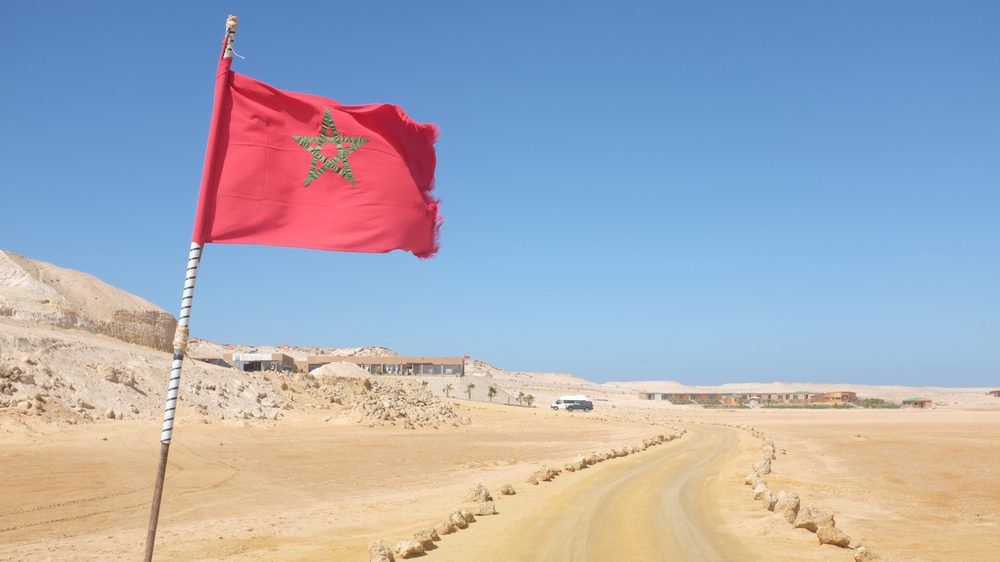
North Africa’s political and economic landscape remains dynamic and multifaceted, marked by proactive Moroccan diplomacy, simmering Franco-Algerian tensions, social challenges in Tunisia, Egypt’s renewed rental reforms, and Libya’s cautious return to oil production.
Morocco emerged as a key player on the international stage with its election as vice-president of the Third United Nations Conference on Landlocked Developing Countries in Awaza, Turkmenistan.
Ambassador Omar Hilale welcomed this role, highlighting Morocco’s commitment to South-South cooperation and active multilateral engagement.
Economically, Morocco saw a 3.1% rise in bank loans to non-financial companies in 2024, reaching 634 billion dirhams—nearly 40% of the country’s GDP—signalling cautious but steady growth, according to a joint financial stability report by Bank Al-Maghrib and other regulators. Zineb Hatim, president of “Maroc Entrepreneurs,” credited this progress to Morocco’s stability and visionary development strategy championed by King Mohammed VI.
Transport Minister Abdessamad Kayouh underscored Morocco’s diplomatic push to integrate landlocked African nations via its strategic ports and infrastructure, positioning the Kingdom as a vital trade bridge for the continent.
Meanwhile, Algeria’s National People’s Army reaffirmed its role as guardian of sovereignty amid a tense regional context, with Chief of Staff Saïd Chanegriha warning against threats to national unity.
Franco-Algerian relations soured further as French President Emmanuel Macron proposed suspending a 2013 visa exemption deal for Algerian officials, intensifying diplomatic friction.
Algeria’s economy shows signs of strain; imports surged by 19.4% in early 2025 while exports declined nearly 6%, deepening trade imbalances and vulnerability.
Tunisia grapples with serious social concerns: over 25,000 child danger reports annually signal urgent protection needs. The government faces calls to regulate franchise contracts to curb monopolies, while President Kaïs Saïed criticized dysfunctional public services allegedly undermining governance.
Libya cautiously rebuilds its oil sector, with production reaching 110,000 barrels daily and plans to boost output by year-end. Yet security challenges persist, highlighted by the recent discovery of missiles in the Tajoura region. Anti-corruption efforts advance as the labor ministry mandates national ID use in administrative transactions.
In Egypt, foreign minister Badr Abdelatty emphasized Mediterranean security cooperation with Greece and urged a ceasefire in Gaza. President Abdel Fattah Al-Sisi ratified contentious rent reforms, tasking committees to reassess leases. Egypt also seeks to deepen Nile water management ties with Uganda, reaffirming commitment to international law on shared resources.
This complex tapestry of reforms, diplomacy, and tensions underscores North Africa’s pivotal role in regional stability and development, as its nations navigate both historic challenges and new opportunities.



